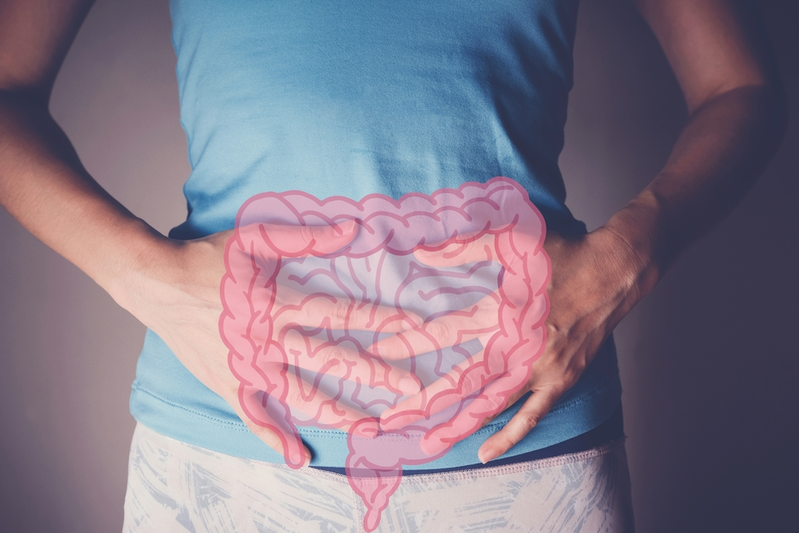Your digestive tract contains trillions of bacteria and other microorganisms that are known collectively as the gut microbiome. While some bacteria can cause illness, many in the microbiome are vital for the health of your body’s systems. Your gut health is determined by the balance of the microbiome and can impact everything from your immune response to your mood. Here are some of the many ways your gut health can affect your overall health.
Nutrition and Digestive Health
A healthy gut is essential for proper nutrition and digestive health. If your gut health is poor, your digestive tract can’t absorb nutrients from the foods you eat. The lining of the gut and the microbiome allow nutrients to pass into the bloodstream and also produce some vitamins for your body to absorb. Your gut microbiome is also involved in breaking down indigestible elements of your food, including certain dietary fibers. Without the right microorganisms in your gut, your body won’t be able to digest these nutrients, affecting the nutrition and calories you get from your diet.
Immune System

Your gut health directly impacts your immune health. The gut helps to build and boost the immune system and protects your body against infection. If your gut is unhealthy, you are more vulnerable to infections, especially of the GI tract. A healthy microbiome stimulates intestinal cells to produce bacteria-killing substances that change the pH of your GI tract to make it too acidic for certain infectious bacteria to survive. Additionally, a healthy gut promotes better immune function throughout the rest of the body. Individuals with good gut health have a higher number of white blood cells available to fight off pathogens.
Heart Health
There is a significant link between gut health and heart health. Recent research has found that the gut microbiome plays an important role in promoting HDL (“good”) cholesterol and healthy triglyceride levels. An unhealthy gut, however, may contribute to heart disease. Certain unhealthy species in the microbiome produce trimethylamine N-oxide (TMAO) in response to consuming foods like eggs and red meat. Too much TMAO can contribute to an increased risk of heart attack, stroke, blood clots, and other conditions.
Mental Health

Studies have found that there is a close relationship between gut health and mental health. Certain species of bacteria in the gut help produce neurotransmitters such as serotonin, which is an antidepressant neurotransmitter. Additionally, the gut and the brain are connected through millions of nerves and send signals to one another constantly. An imbalance in the gut may contribute to psychological and mood disorders such as depression, anxiety, and chronic stress. A few studies suggest that improving gut health through probiotics may help improve symptoms of depression and other mental health disorders.
Weight Management
Your gut plays a role in your metabolism, and an imbalance in the gut microbiome could contribute to weight gain and increase the risk of obesity. A possible link has been found between high levels of certain bacteria in the gut and metabolic diseases that may cause weight gain. The gut may also contribute to weight gain because an imbalance can promote chronic inflammatory status. Inflammation can affect the metabolism and make it much more difficult to manage weight.
Hormone Health

There is a strong link between gut health and hormone health, especially among women. Specific bacteria in the gut microbiome, referred to as the estrobolome, are capable of metabolizing and regulating estrogen in the body. An overgrowth of certain bacteria in the estrobolome can cause elevated estrogen levels in the body. Too much estrogen may cause issues such as polycystic ovary syndrome (PCOS), mood swings, heavy menstruation, endometriosis, uterine fibroids, infertility, and others.
Improve Your Gut Health Through Your Diet
These are some of the biggest ways your gut health influences your overall health. Because your gut plays such an important role in your health and well-being, it’s important to do what you can to keep it healthy. One of the best ways to improve your gut health is through the foods you eat. Check out these best foods for gut health that you should consider including in your daily diet.

